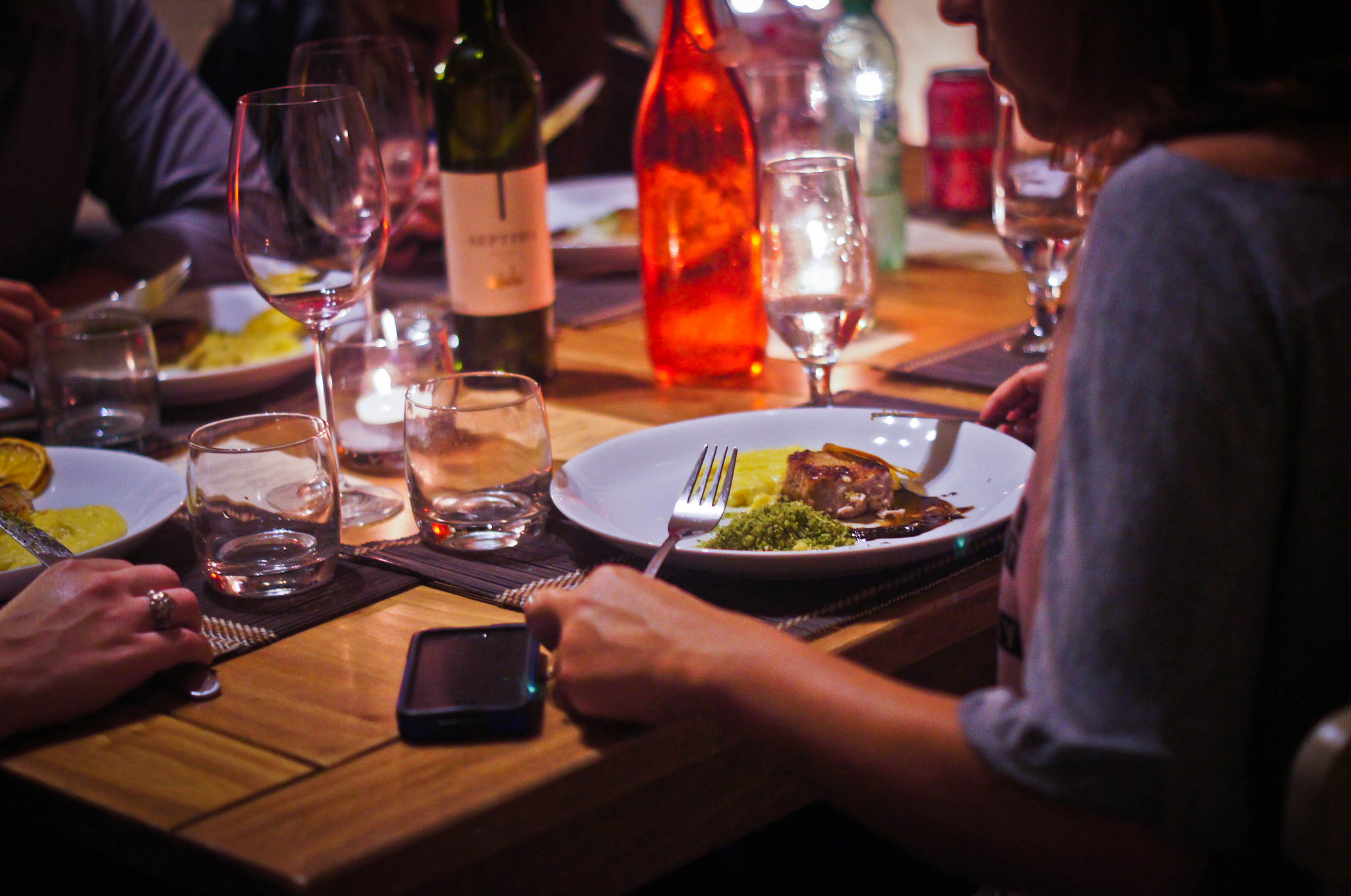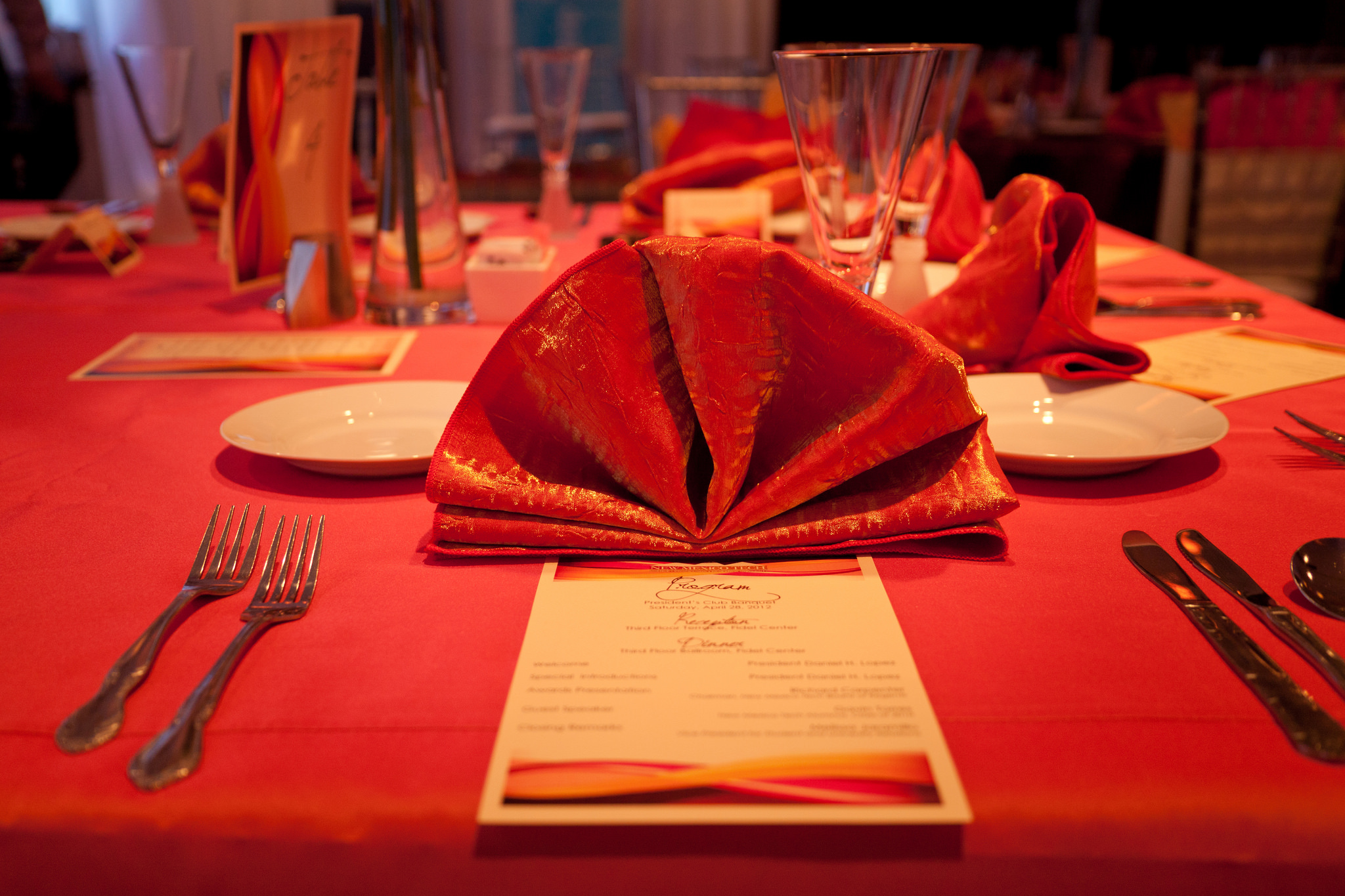Supper Clubs in Barcelona: Sensorial dining for the digital age

By Anthony Bain
Keeping up with culinary behemoths such as New York, Tokyo, and London, Barcelona has always had a thriving contemporary food scene and a flourishing culinary community. Underground restaurants, secret dining societies, and Supper clubs are a nightly occurrence, taking place in art lofts, cultural centers and kitchen spaces across the city, being attended by intrepid diners looking for something beyond the familiar setting of traditional restaurants.
How it all started
The conception of the Supper Club or private dining venue originated during America´s prohibition era. Speakeasies or roadhouses were places where food would be served with alcohol in closed private social clubs that would feature large quantities of meat and alcohol, and usually along with various illicit activities. Dinners in these establishments would often last the entire evening and into the small hours of the morning.
Since then the approach to the supper club, although more wholesome, has remained the same. The execution has, however, evolved along with new culinary fads, Millennial tastes and data backed social media trends. Platforms such as EatWith.com who makes the bold claim to be the “the future of dining,” has taken private dining scene and made it mainstream. It’s a platform that invites people to dine in homes, connect with hosts, to share stories and enjoy homemade cuisine, where diners can leave feedback about their experiences, rating the ability of the host to communicate, and the chef´s ingenuity in the kitchen. The digital age has transformed the Supper club and allowed it to shed its illicit underground roots, and as a consequence, it has mutated into a more intrepid and more refreshing way to dine out for the discerning foodie looking to explore new culinary territory.
The unstoppable rise of the Supper Club
The rise of the Supper club goes hand in hand with the Barcelona culinary social scene, as it continues to gain momentum, by evolving, mutating and reinventing. Catalan cuisine has been thrust onto the world stage by chefs like Albert Adrià, Joan Roca and Jordi Cruz who are all actively pushing the boundaries of food experiences — leaving behind the traditionally stuffy, white glove institutions of fine dining, and creating of an all-encompassing multi-sensory experience.
It’s not just all about the taste anymore; experiences evolve, people crave new ways to engage with the people cooking their food, no longer do we want unknowns standing in backroom kitchens, slaving over hot stoves. We want names attached to our dishes, celebrities, and kitchens legends, creating our food, making our food, or at the very least, overseeing the cooking of it, and the advent of culinary reality programs and competitions had beamed Chefs into our living rooms and made them into household names. These Michelin starred superstars like celebrated wartime Generals with insignias on their lapels are continually conquering new culinary territory and opening up new horizons to keep up with demand.
A few of Barcelona renowed supper clubs
Around the world Supper club chefs tend to work like rebel splinter groups or rogue scientists, taking supper clubs into strange and unknown territory. A dinner in a disused underground train station and a tasting menu entirely revolved around honey and the hobbit and game of thrones themed banquets, to name a few examples of how quirky, and outright bizarre Supper clubs can be. Many chefs throwing these types of events have put long hours into top kitchens around the world often Michelin starred, and with this unparalleled experience, they put their know-how into action, setting their own rules in their own space without the unknown variables and cost that restaurants incur.
It is the perfect place for experimentation, research, and development on willing guests. Some Supper club chefs are little more than first-rate home kitchen cooks who want to share their love of cooking with other people. People often want originality in their cooking, something traditional, and often something more authentic than a restaurant can provide and in Barcelona dinners with locals is a relatively new but upcoming way to eat out. It allows the guest to partake in regional food and wine, sourced and cooked by the people who know where to get the freshest and most locally sourced ingredients.
Whatever the guest’s discerning tastes, private dining in Barcelona promises a more intimate setting where can they can see the chef in action. Participation, interaction, and immersion are the key factors that anybody will take away from the experience. The following are a handful of social dining venues Barcelona has to offer, ranging from the classic to the new and upcoming.
Do you want to discover Anthony’s supper clubs picks in Barcelona? Find out in our next blog entry.
Photo credit: Flickr (under Creative Commons license)
Anthony Bain is a journalist and writer living in Barcelona, specialising in Culture, Politics and History. He is the author of the book Wanderings along the Camino: A non-fiction memoir published in 2016. His work has been published across different magazines, such as The Barcelona Metropolitan, Paper Tape Magazine and Ky Story. In 2016 he was nominated for the Pushcart Prize.
About The Author
Cárol
With a background in Journalism and Digital Marketing, Carol created www.sweet40s.com as a way to documenting her experiences and give her own special tribute to the new decade ahead of her and to aging blissfully and gracefully. 40 is two times 20 🙂
Related Posts
A few of Barcelona renowned Supper Clubs
** This post is the second installment of Supper Clubs in Barcelona: sensorial dining for the…
07 February, 2019Barcelona: charming and not (yet) overcrowded places worth a visit
In a city so popular as Barcelona, seething with tourists coming from every corner of…
07 February, 2019


